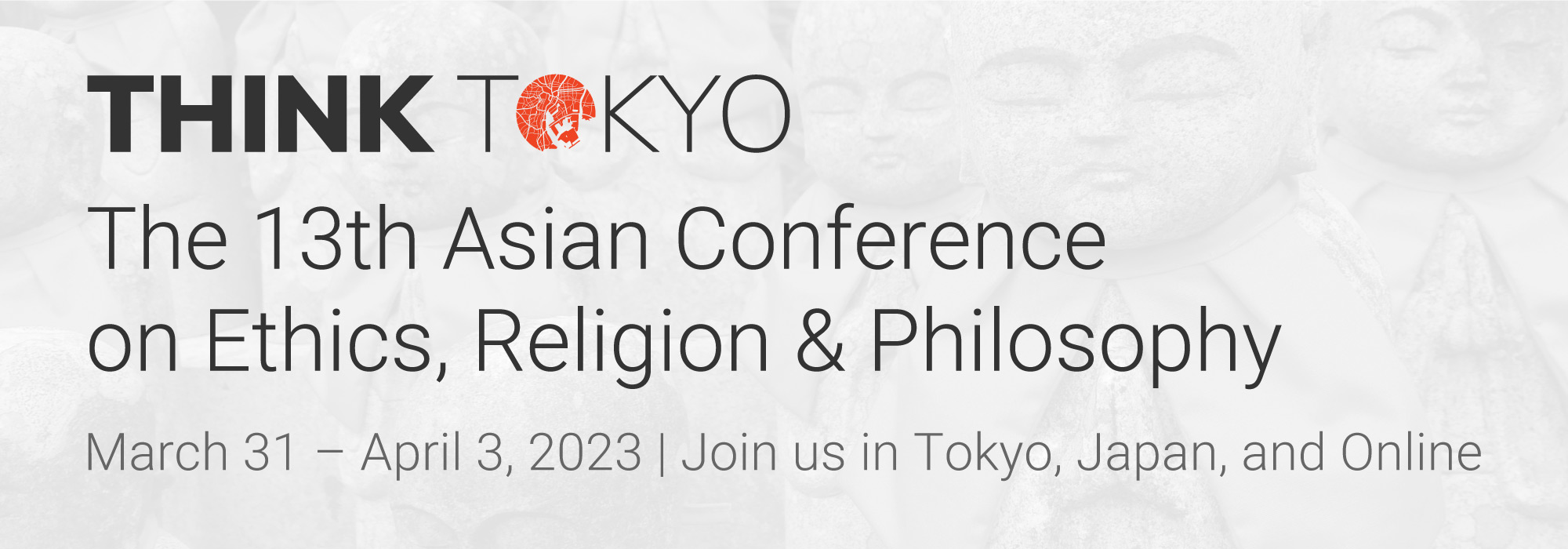I have worked with abused and neglected children for 40 years as a child psychotherapist. In the course of my work, I sometimes need to have counseling with their parents. I trained as a psychotherapist in California, and this experience gave me an impression that Western countries, or at least the US, give more importance to rendering appropriate family environment to abused/neglected children through foster care or adoption than making a huge effort to treat psychological problems of biological parents. However, Japanese culture puts more weight on biological parents-children relationship, which asks professionals concerned to understand deeply the psychosocial features of abusive parents and give an appropriate treatment to them.
In the field of child abuse prevention, the phenomenon of transgenerational transmission has been pointed out to understand the dynamics of child abuse. It means a child who has been maltreated by his/her parents grows up to be an abusive/neglectful parent. The problem remaining is why it happens. What do psychological factors of abused children make them mistreat their own children?
I have developed “Parental Abusive Attitude Inventory” to find psychological characteristics of abusive parents and implemented it to about 600 mothers of nonclinical population who raised 1.5 and 3-years old children. This research suggested the three psychological factors relating to transgenerational transmission; “permissiveness of corporal punishment as a way of discipline”, “cognition of being victimized by their own children”, and “carried over childhood unmet dependency needs”.
The research had a limitation that the subjects are only mothers, and fathers were excluded because of the research design. In order to overcome this limitation, I implemented a survey of 8 fathers who abused and/or neglected their children to death. This survey suggested the perpetrators’ need to be mighty rulers to their children resulting from their sense of helplessness/impotence generated in their life histories and social relationships.
In this speech, I will present the psychological features of abusive/neglectful parents based on the research and my clinical experience with them, and discuss the way of psycho-social intervention targeting these characteristics. Also, I would like to discuss with the participants of the conference whether these findings of Japanese studies would be applied to other Asian cultures.

